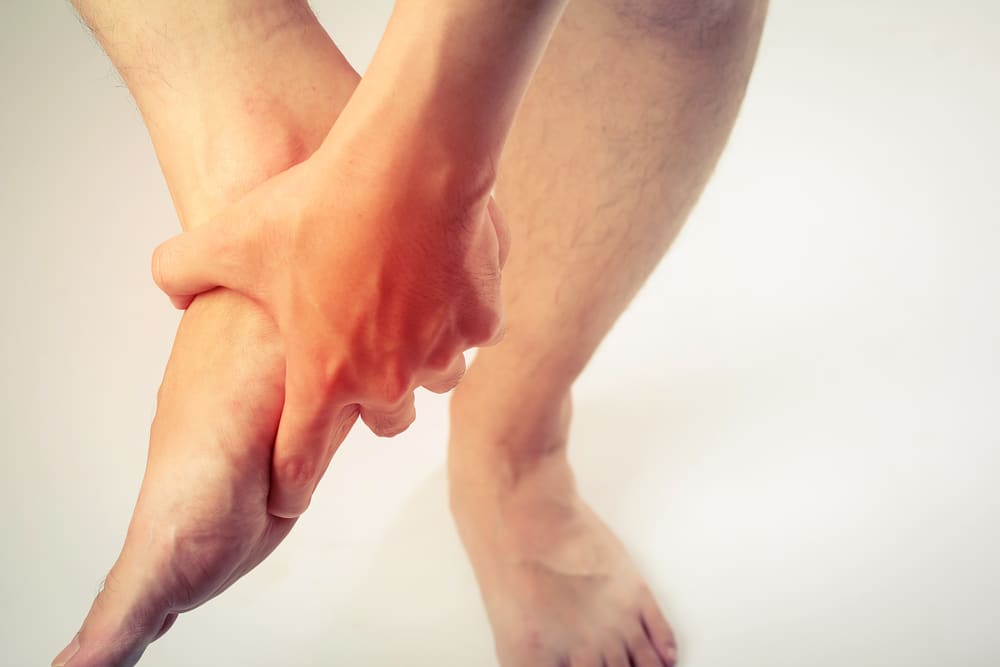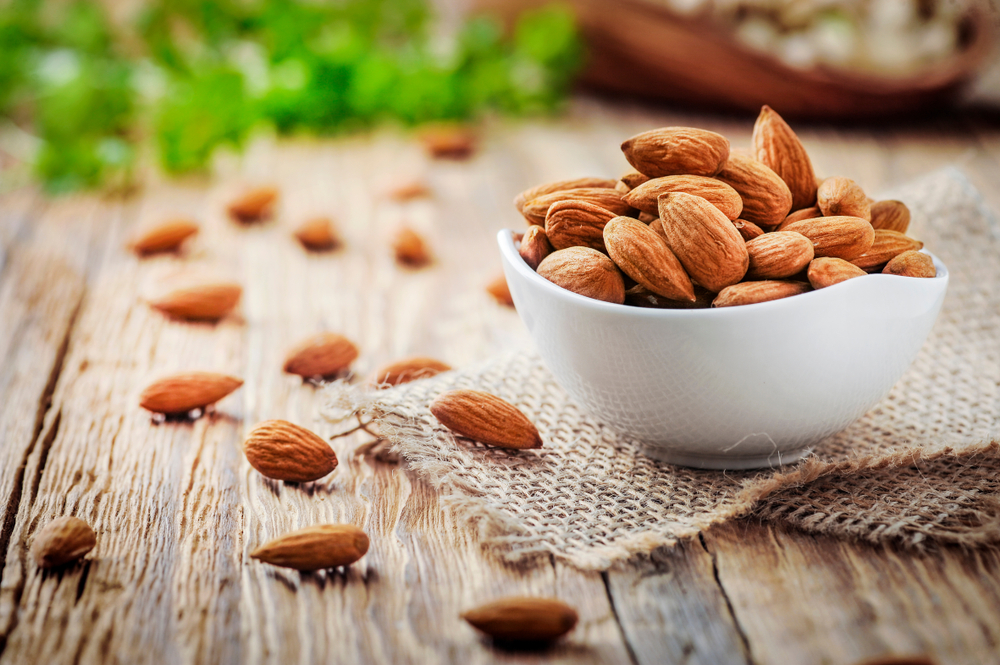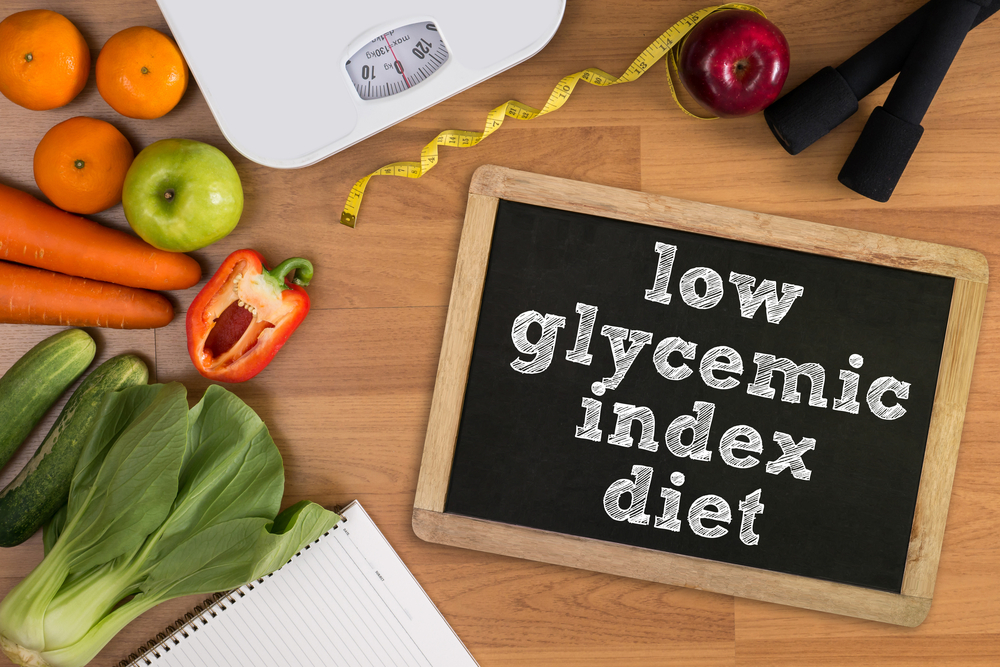Contents:
- Medical Video: How to lower Uric Acid Naturally and Prevent Gout
- Overcoming the symptoms of gout in the elderly so as not to recur easily
- 1. Control your weight
- 2. Regular exercise
- 3. Continue taking the medication your doctor prescribes
- 4. Arm yourself with steps to overcome the symptoms of gout when relapsing
Medical Video: How to lower Uric Acid Naturally and Prevent Gout
Gout is a type of arthritis that commonly attacks the elderly. Gout causes pain in the big toe, stiffness, and swelling, which lasts for several days - even weeks. Symptoms of gout can develop chronic if not treated. Fortunately gout can be easily managed at home. Here are some useful tips for treating gout in the elderly.
Overcoming the symptoms of gout in the elderly so as not to recur easily
1. Control your weight
A low-fat diet can help you lose weight more regularly. But don't eat too much meat, offal, and seafood. All three are rich in purine content which can increase uric acid levels. Limit also drinking liquor, especially beer. Alcohol can reduce the work of the kidneys releasing uric acid into the urine, causing excessive buildup of uric acid in your body.
Remember, don't eat too few calories or even do an intermittent diet. A diet that is low in calories can actually trigger a gout attack again. Drink at least 10 glasses of water every day.
2. Regular exercise
People who are overweight are more prone to gout. So, maintaining a healthy weight is very important for the elderly who suffer from gout. Regular exercise can prevent gout from recurring later. Sports can support your healthy diet program to lose weight to control uric acid levels in the blood.
3. Continue taking the medication your doctor prescribes
Medications that are usually prescribed to treat symptoms of gout include oral or injection corticosteroids (eg prednisone), pain relievers (such as colchicine), xanthine oxidase inhibitors (such as allopurinol and febuxostat), and uricosuric drugs (such as acetazolamide, probenecid, and losartan) .
Continue taking the medication prescribed by your doctor according to the dosage and instructions for use. But if you have not or have never been prescribed these drugs before, do not drink without the doctor's knowledge as soon as a gout attack comes. These drugs only apply to chronic gout, and will not be effective in relieving acute pain. That is, your complaint might even get worse.
Tell your doctor about all the drugs and vitamins you are taking. Your doctor can tell you if there are drugs that you use that potentially increase the risk of hyperuricemia. Hyperuricemia is the formation of uric acid in the blood, a condition that can cause gout.
4. Arm yourself with steps to overcome the symptoms of gout when relapsing
Preventing gout may not always be possible, but there are some things you can do during a gout attack to deal with the pain.
- Cold or ice compresses as soon as the attack begins to reduce inflammation and swelling. But don't compress more than 20 minutes. Give a 10-minute pause after the first compression before repeating it again (if necessary).
- Lift the affected part of the gout higher than your heart until the pain subsides, and provide support / protection around the affected area to reduce pressure
- Try to rest the area affected by gout. It is recommended not to move the joints gout for too much 24 hours after the attack.
- Take painkillers, such as ibuprofren, naproxen, and indometachin. But avoid using aspirin to relieve pain. Aspirin can aggravate the symptoms of gout.
Don't forget to make a doctor's appointment to monitor your condition.












